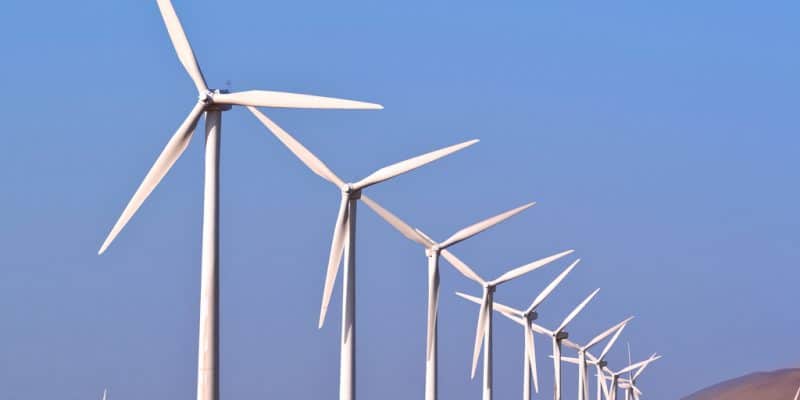The International Finance Corporation (IFC) and the Multilateral Investment Guarantee Agency (Miga), two subsidiaries of the World Bank, are supporting a 250 MW wind project at Ras Ghareb. It is developed by Lekela Power, an independent power producer (IPP).
The World Bank is bringing in many financial partners who are supporting the wind farm project in Ras Ghareb, in the Red Sea governorate. Two of its subsidiaries have announced their contributions to this project developed by Lekela Power, an independent power producer (IPP), a joint venture between the British investment fund Actis and Mainstream Renewable Power.
It is the International Finance Corporation (IFC), which is allocating $ 84 million to the project. In this financing, $ 26 million represents a loan and $ 58 million comes from the Managed Co-Lending Portfolio Programme, an innovative IFC syndication platform. The Multilateral Investment Guarantee Agency (Miga) is providing a $ 122 million guarantee to help Lekela Power manage the risk of non-commercialisation.
An expected capacity of 250 MW
“The Lekela wind farm will help reduce the average cost of electricity generation in Egypt and boost private participation in this key sector, while sending a strong signal to the market about our commitment to the programme country’s renewable energy,” says Walid Labadi, IFC’s national director in Egypt. The World Bank joins other investors in this project such as the European Investment Bank (EIB) and Overseas Private Investment Corporation (OPIC) of the US Government. The fleet will be equipped with 96 SG2.6-114 turbines from German manufacturer Siemens Gamesa Renewable Energy. The latter ensured the construction and maintenance of the facility over a period of 15 years. The Ras Ghareb wind farm will provide 1,000 GWh of electricity, supplying 350,000 Egyptian households. It will also prevent emissions of 550,000 tonnes of CO2 per year.The implementation of this project is part of the Egyptian government’s policy to produce 20% of electricity from renewable energy sources by 2022, thereby reducing the country’s dependence on gas. More specifically, it focuses on public-private partnerships with IPPs that also invest in solar energy.
Jean Marie Takouleu







